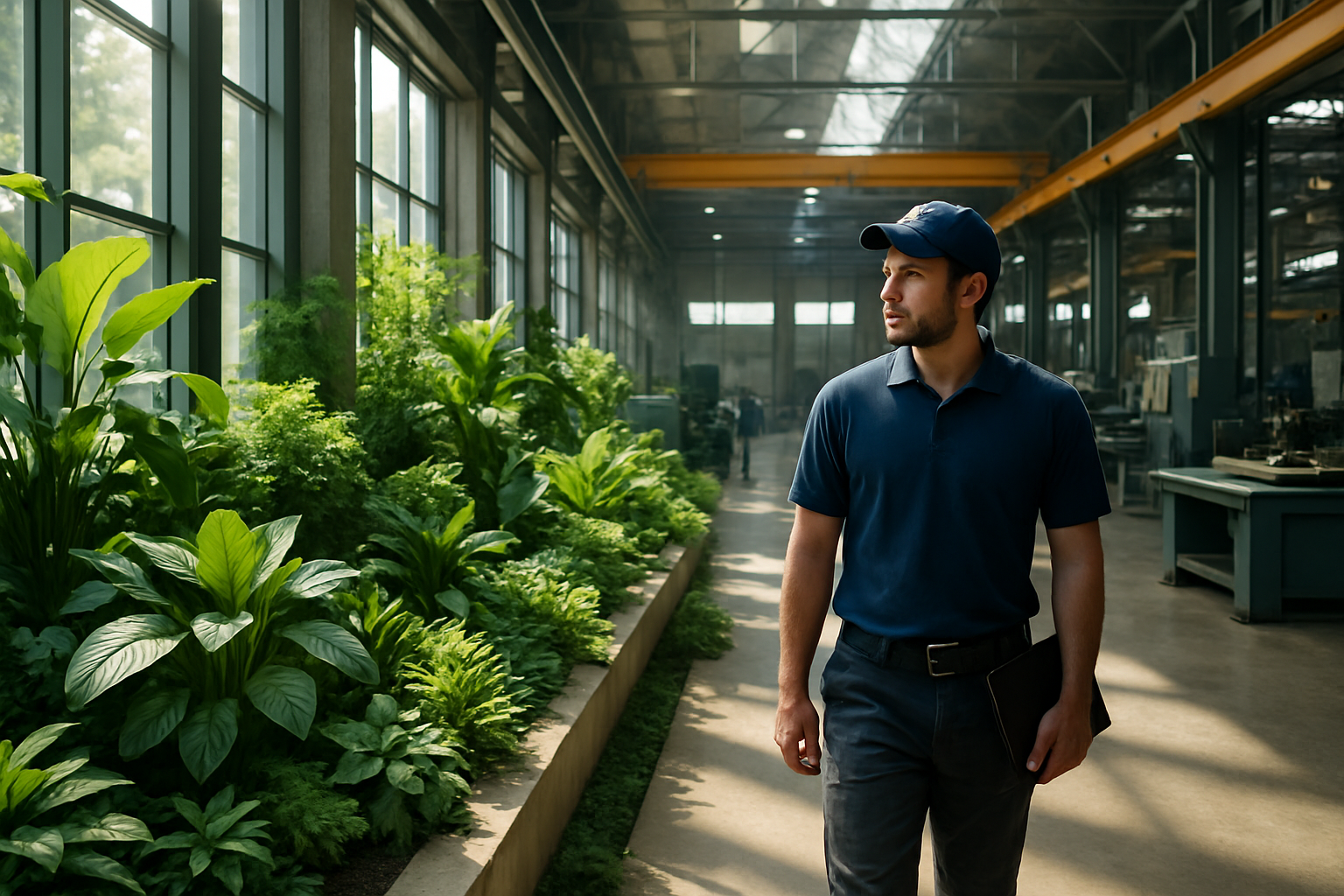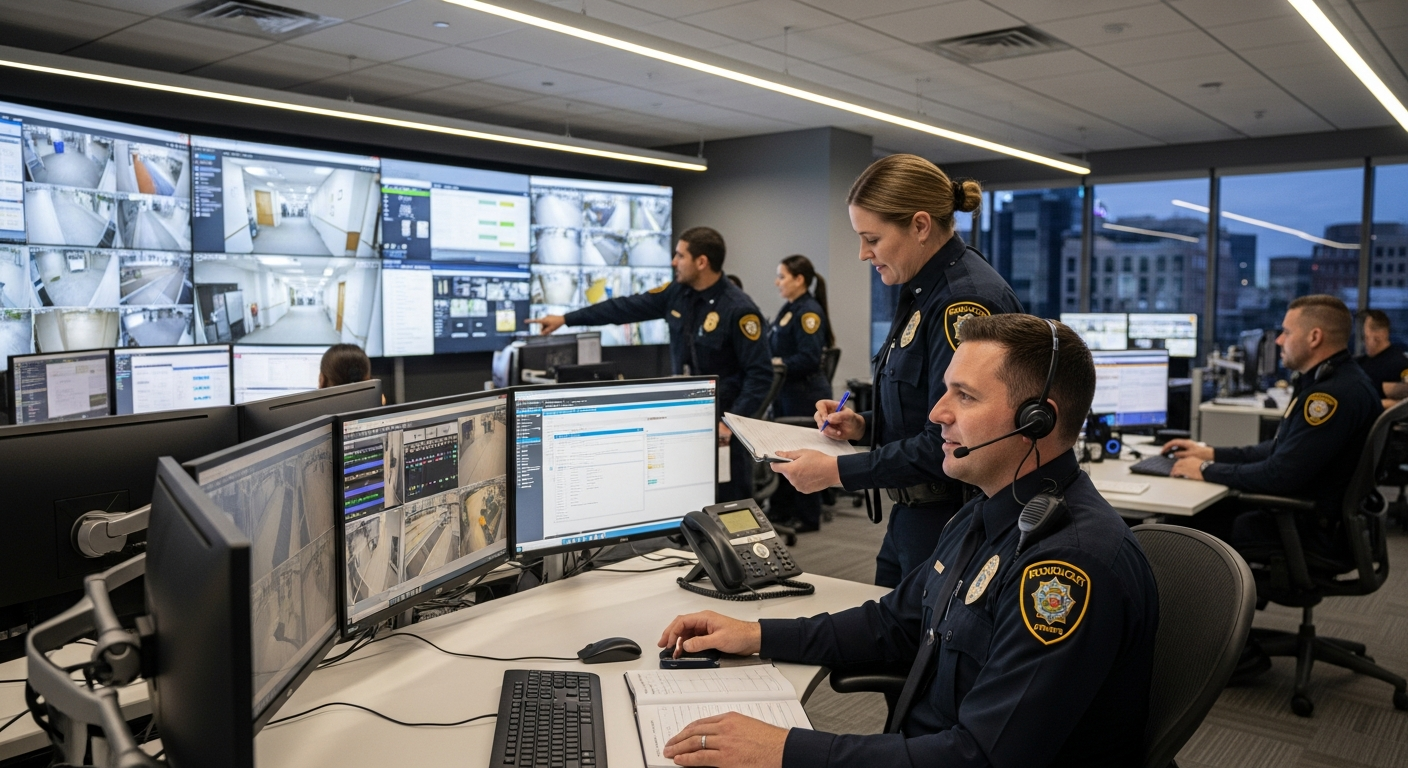Food Packing Careers: Entry-Level to Professional Paths in United Kingdom
The food packing industry forms a crucial component of the UK's food supply chain, connecting food producers with consumers while ensuring products reach shelves safely and in optimal condition. In the United Kingdom, this sector employs thousands of workers across various skill levels, from entry-level operatives to specialized professionals with technical expertise. The industry offers diverse career pathways with opportunities for advancement, specialization, and professional development in an essential sector that continues to evolve with technological innovation and changing consumer demands.

Understanding the Food Packing Industry in the UK
The food packing industry in the United Kingdom encompasses a wide range of activities, including the processing, packaging, and distribution of food products across multiple sectors. From fresh produce and dairy to baked goods and ready meals, this industry serves as a vital link between food manufacturers and retailers. The sector operates within strict regulatory frameworks governed by the Food Standards Agency (FSA) and adheres to quality assurance protocols like Hazard Analysis Critical Control Point (HACCP) and British Retail Consortium (BRC) standards.
Modern food packing facilities in the UK utilize a combination of automated systems and manual processes, with increasing implementation of technology to improve efficiency and product safety. The industry faces ongoing challenges including sustainability concerns, with many companies now transitioning to eco-friendly packaging materials and waste reduction practices. Understanding these industry dynamics provides valuable context for those considering a career in this field, as environmental consciousness and technical adaptability become increasingly important skills.
Entry-Level Opportunities and Requirements
Entry-level positions in food packing provide accessible pathways into the industry with minimal barriers to entry. Common roles include packing operators, production line workers, and warehouse assistants. These positions typically require no formal qualifications beyond basic literacy and numeracy skills, though food safety awareness is beneficial. Most employers provide comprehensive on-the-job training covering safety protocols, hygiene standards, and operational procedures.
Physical stamina is essential for many entry-level roles, as workers often stand for extended periods and may need to lift moderate weights. Attention to detail, reliability, and the ability to work efficiently in a team environment are highly valued attributes. Entry-level workers can expect to develop skills in quality control, packaging techniques, and equipment operation. Many facilities operate on shift patterns, offering flexibility but potentially requiring weekend or night work.
Typical compensation for entry-level positions ranges from the National Minimum Wage to approximately £10-12 per hour depending on location, shift patterns, and employer. Career progression from these starting positions can develop relatively quickly for motivated individuals who demonstrate reliability and aptitude for the work.
Advanced Roles and Career Progression
With experience and additional training, food packing professionals can advance into specialized and supervisory roles. Mid-level positions include quality control inspectors, line leaders, and technical operators responsible for maintaining and optimizing packaging machinery. These roles typically require several years of industry experience, with compensation ranging from approximately £22,000 to £28,000 annually.
Further career development leads to management positions such as production supervisors, shift managers, and quality assurance managers. These roles often require formal qualifications in food technology, manufacturing, or related disciplines, alongside substantial industry experience. Annual salaries for management positions typically range from £30,000 to £45,000, with senior management potentially earning significantly more depending on company size and location.
Specialized technical paths are also available within the industry, including roles in food safety compliance, packaging development, and continuous improvement. These specialist positions may require specific qualifications in food science, engineering, or related fields, with compensation reflecting the specialized knowledge required.
Technical Skills and Qualifications for Advancement
Advancing beyond entry-level positions often requires developing specific technical skills and obtaining relevant qualifications. Food safety certifications such as Level 2 or 3 Food Safety and Hygiene are highly valued and often necessary for progression. Similarly, qualifications in HACCP principles demonstrate understanding of critical food safety systems.
For technical roles, qualifications in food technology, engineering, or manufacturing are beneficial. Many professionals pursue part-time study while working, with some employers offering support for relevant education. The Institute of Packaging provides specialized qualifications specifically for packaging professionals, which can significantly enhance career prospects.
Digital literacy is increasingly important as food packing facilities adopt more automated systems and computerized quality control. Experience with Manufacturing Execution Systems (MES), Enterprise Resource Planning (ERP) software, and production management tools can provide a competitive edge for career advancement.
Industry Trends and Future Career Opportunities
The food packing industry in the United Kingdom continues to evolve, creating new career opportunities in emerging specializations. Sustainability initiatives have generated roles focused on reducing packaging waste and implementing eco-friendly materials. These positions often combine technical knowledge with environmental awareness and may command premium salaries due to their strategic importance.
Automation and robotics are transforming production lines, creating demand for technicians and operators skilled in working with advanced machinery. While some manual roles may decrease, new positions in technology maintenance, programming, and optimization continue to emerge. Skills in data analysis are increasingly valued as companies utilize production metrics to improve efficiency.
Consumer trends toward transparency in food production have also created roles in traceability systems and quality assurance. As the regulatory environment continues to evolve post-Brexit, expertise in compliance and international standards has become particularly valuable within larger organizations with export operations.
Working Conditions and Workplace Environment
Food packing environments maintain strict hygiene standards, with workers typically wearing protective clothing including hairnets, gloves, and specialized footwear. Temperature-controlled environments are common, particularly for fresh or frozen products, which can mean working in cold conditions. Modern facilities increasingly focus on ergonomic workstations to reduce physical strain, though the work remains physically demanding.
Working hours often follow shift patterns, with many facilities operating extended hours or continuous production. This can offer scheduling flexibility but may require adaptation to changing shift patterns. The industry experiences seasonal fluctuations in demand, particularly around holidays, which can mean increased overtime opportunities during peak periods.
Many large food packing companies in the UK offer comprehensive benefits packages including pension schemes, health benefits, and employee assistance programs. Staff retention initiatives may include performance bonuses, skills development programs, and clear career progression paths. The industry generally maintains strong health and safety practices, with regular training and compliance monitoring.
Prices, rates, or cost estimates mentioned in this article are based on the latest available information but may change over time. Independent research is advised before making financial decisions.
The food packing industry offers diverse career opportunities across the United Kingdom, from accessible entry-level positions to specialized technical and management roles. While the sector continues to evolve with technological advances and shifting consumer preferences, it remains a stable employment option with defined pathways for career progression. Understanding the industry structure, required qualifications, and emerging trends can help individuals make informed decisions about pursuing careers in this essential component of the food supply chain.




